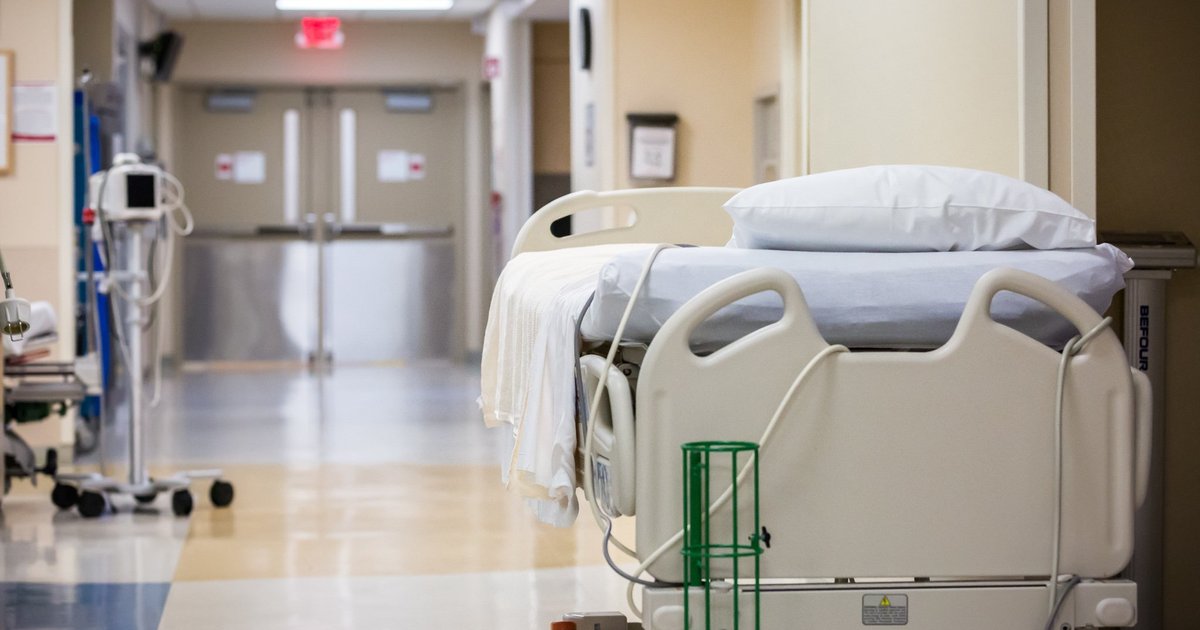University of Arkansas at Pine Bluff Joins "One Pill Can Kill" Initiative
The University of Arkansas at Pine Bluff (UAPB) has become the third higher education institution in the state to join Arkansas Attorney General Tim Griffin's "One Pill Can Kill" initiative. The announcement took place on Tuesday at UAPB's STEM Conference Center, aiming to combat fentanyl and opioid abuse within college communities and beyond.
Combating Opioid Abuse: A Statewide Initiative
Attorney General Griffin is expanding the "One Pill Can Kill" initiative to college campuses across Arkansas, including UAPB's sister campuses in Fayetteville and Little Rock. The initiative focuses on three key areas: prevention, treatment and recovery, and law enforcement. This multifaceted approach seeks to address the complex challenges posed by opioid abuse.
The Dangers of Illicit Opioids
Griffin shared a personal story about his brother's death from opioid addiction, highlighting the dangers of prescription opioids and the subsequent rise of illicit opioids. "Criminals have filled that void with illicit opioids," Griffin stated, emphasizing the unknown and potentially lethal contents of these substances. "They're illicit. They're made wherever by whomever with whatever, and you have no idea what's in it."
Empowering Students and Faculty
The initiative includes training campus leaders as "force multipliers" to spread awareness about opioid abuse prevention. Students are also invited to participate in training on Narcan (naloxone) usage and recognizing signs of opioid overdose. Henry Brooks, a political science teacher at UAPB, raised concerns about fentanyl being mixed with marijuana, highlighting the need for increased awareness among students.
UAPB's Commitment to Student Wellness
Leonardo Glover, director of counseling and student wellness at UAPB, assured that the campus is equipped to handle cases of opioid abuse, offering resources and support to students. UAPB Chancellor Anthony Graham said the initiative is further proof of UAPB's commitment to ensuring safety for all students.
"The University of Arkansas at Pine Bluff is committed to student safety and sharing life-saving knowledge with young adults, the campus, and the community about the dangers of counterfeit pills containing lethal doses of fentanyl," Graham said.
Arkansas' Opioid Crisis: A Statistical Overview
The Arkansas Department of Human Services reported that Arkansas had the second-highest opioid prescription rate in the U.S. in 2022, with 72.2 prescriptions per 100 persons, according to data from the Centers for Disease Control and Prevention. While opioid overdose deaths decreased by 13.8% between December 2022 and December 2023, the problem remains a significant concern.
Funding Treatment and Research
Griffin's office has allocated $140 million in opioid settlement funds to counties and cities and is funding treatment centers across the state, including one in El Dorado. Additionally, $50 million has been committed to Arkansas Children's Hospital to build a National Center for Opioid Research.
Narcan Vending Machines and Community Involvement
The initiative is also bringing Narcan vending machines to UAPB, with plans to place them in every campus building. The program is inspiring both professors and students to recognize their role in combating opioid addiction. Students were also educated on how to use testing strips to ensure medications and beverages have not been laced with fentanyl. Aareyon Wallace, UAPB student government president, added, “Anytime we get somebody here on campus that can remind our students about their health, mental health and overall well-being, it’s amazing.”
 Visit the website
Visit the website







